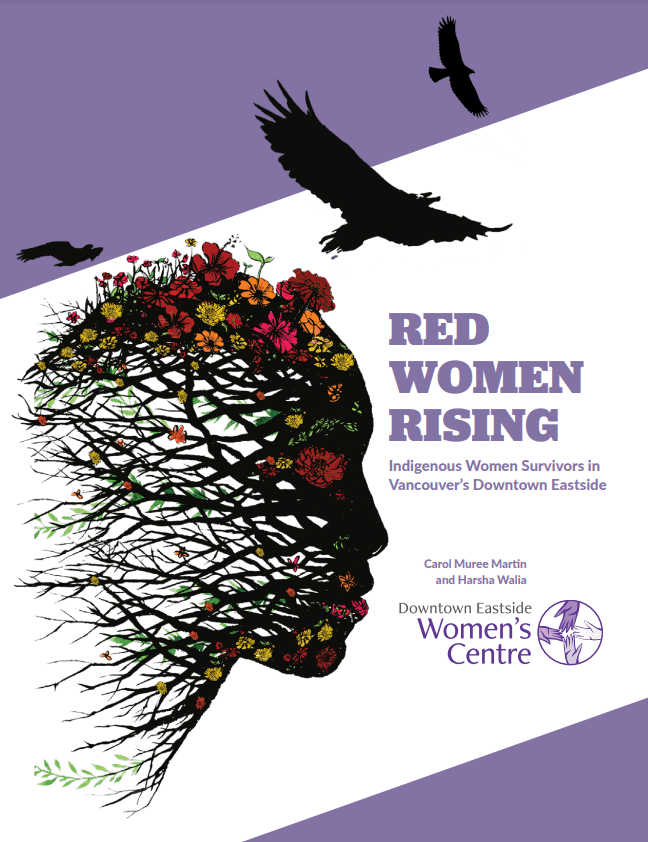38 search results
for
Children and youth
Legislative reform to reduce Indigenous women’s manufactured vulnerability
Recommendation 5: Remove discrimination from the Indian Act by making women and men equal in the ability to pass on status, repair situations where discrimination against women has disadvantaged those claiming status through the mother’s line, and remove the two-parent rule for transmitting status and the 6(2) cutoff that withholds status from the children of many women who are unable or unwilling to provide the father’s name.-
Category and theme:
Audience:
Groups affected:
Legislative reform to reduce Indigenous women’s manufactured vulnerability
Recommendation 6: End the apprehension of Indigenous children and prohibit the placement of Indigenous children into non-Indigenous foster and adoptive families.-
Category and theme:
Audience:
Groups affected:
Guaranteed public services
Recommendation 28: Provide a safe and affordable home for every Indigenous woman on and off reserve. This housing must be with long-term security of tenure, independent of matrimonial or common-law status, and self-contained units of at least 400 square feet with bathrooms and kitchens. Housing must also consider specific needs such as mobility access, space for children and extended families, and ceremonial practices. Highest priority for social housing should be given to Indigenous women fleeing violence and Indigenous mothers at risk of child apprehension.-
Category and theme:
Audience:
Guaranteed public services
Recommendation 30: Ensure Indigenous mothers are able to maintain an adequate standard of living by raising income assistance and disability rates, ensuring safe and affordable housing, and guaranteeing food and transit allowances. Provide grandparents raising grandchildren, and all kinship care providers, with livable incomes and benefits. Provide income, housing, food, transit and all additional supports to youth transitioning out of government care until the age of 25 years old.-
Category and theme:
Guaranteed public services
Recommendation 31: Guarantee a free and culturally appropriate child care system for all Indigenous families, including families awaiting kinship care placements, that accommodates children of all needs and abilities and is independent from child welfare services.-
Category and theme:
Groups affected:
Guaranteed public services
Recommendation 33: Provide a free transit pass for children ages 0-18 years old, all youth transitioning out of government care till age 25 years old, and for all adults on pensions, income assistance, and disability assistance.-
Category and theme:
Recommendations to end Indigenous women’s displacement from land
On reserve
Recommendation 41: Implementation of overarching substantive federal legislation to protect the rights of women and children living on reserve in the interim until First Nations communities can develop their own laws to replace matrimonial real property laws. This legislation should include opt-out clauses.-
Category and theme:
Audience:
Groups affected:
Recommendations to end Indigenous women’s displacement from land
On reserve
Recommendation 42: Implementation of and full funding for federal Indigenous Child Welfare legislation that is attentive to specific First Nations, Metis, and Inuit needs. Ensure that Indigenous nations resume sole jurisdiction—and not simply service delivery—over child welfare for child-members of the nation who are on reserve and off reserve.-
Category and theme:
Audience:
Groups affected:
Recommendations to end Indigenous women’s displacement from land
On reserve
Recommendation 43: End the apprehension of Indigenous children due to poverty or Eurocentric ideas of neglect that stem from a legacy of colonization.-
Category and theme:
Audience:
Recommendations to end Indigenous women’s displacement from land
On reserve
Recommendation 44: All levels of government should fully implement Jordan’s Principle.-
Category and theme:
Audience:
Groups affected:
